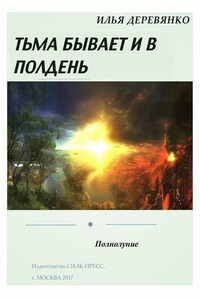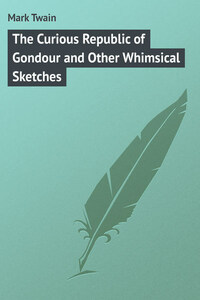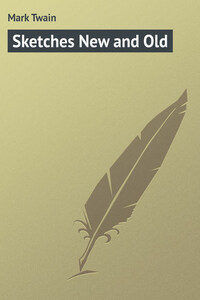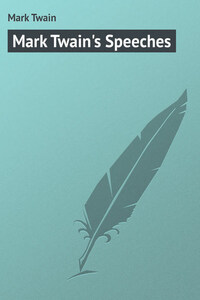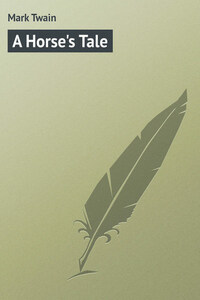Читать What is Man? and Other Essays - Mark Twain
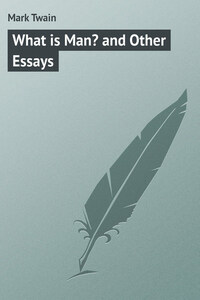
На данной странице вы можете читать онлайн книгу "What is Man? and Other Essays" автора Mark Twain. Общий объем текста составляет эквивалент 240 бумажных страниц. Произведение многоплановое и затрагивает разнообразные темы, однако его жанры наиболее вероятно можно определить как классическая проза, зарубежная классика. Книга была добавлена в библиотеку 06.08.2023, и с этой даты любой желающий может удобно читать ее без регистрации. Наша читалка адаптирована под разные размеры экранов, поэтому текст будет одинаково хорошо смотреться и на маленьком дисплее телефона, и на огромном телевизоре.
"What is Man?" was Twain's most serious, philosophical and private book. He kept it locked in his desk, considered it to be his Bible, and spoke of it as such to friends when he read them passages. He had written it, rewritten it, was finally satisfied with it, but still chose not to release it until after his death. It appears in the form of a dialogue between an old man and a young man who discuss who and what mankind really is and provides a new and different way of looking at who we are and the way we live. Anyone who thinks Twain was not a brilliant philosopher should read this book.

![Шаг в никуда [1]](/uploads/covers/8d/8dd4dfc2175e1e0ddd72a19bfd4628f2fbcad406.jpg)
